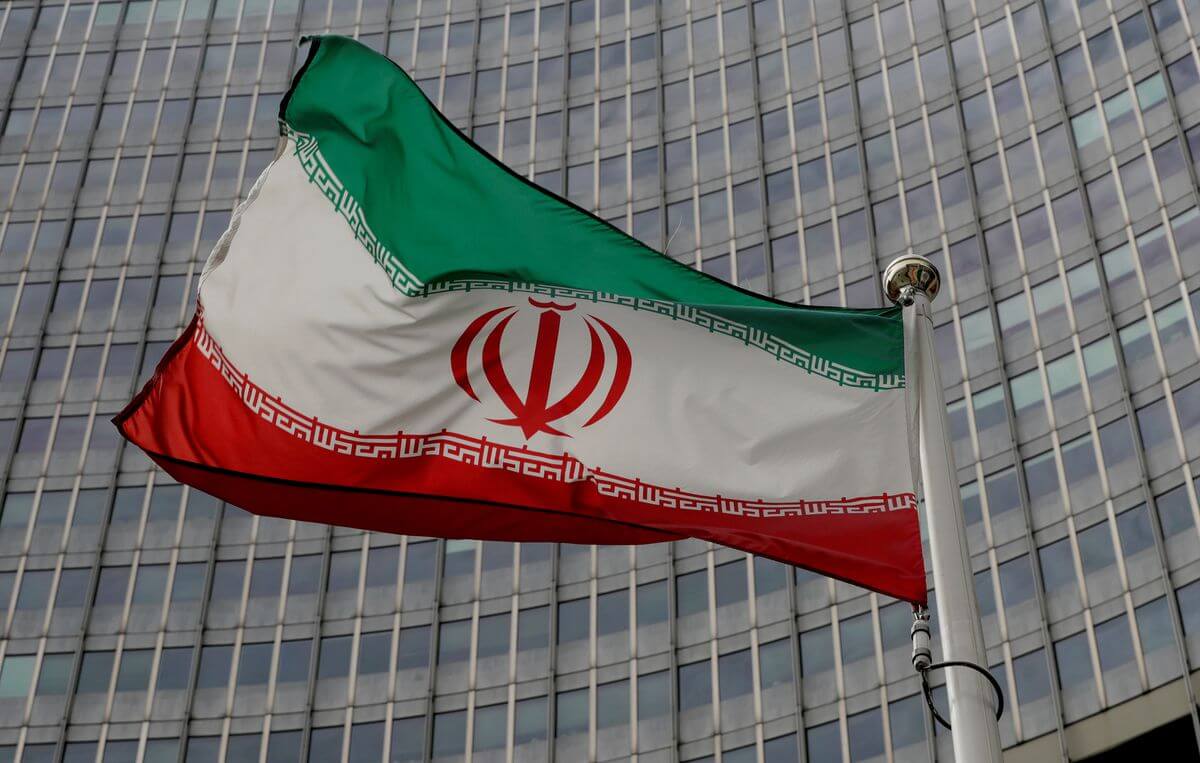On Sunday, Iranian Parliament Speaker Mohammad Baqer Qalibaf said that International Atomic Energy Agency (IAEA) inspectors “will have no access to data [surveillance images] collected by cameras inside the nuclear facilities” in Iran, following the expiry of a three-month monitoring agreement between Iran and the nuclear watchdog on Saturday. Qalibaf’s announcement comes amid ongoing talks in Vienna to restore the 2015 nuclear deal between Iran and world powers and raises questions about the future of the nuclear negotiations.
However, a member of Iran’s Supreme National Security Council told Nour News on Sunday that the monitoring deal with the IAEA could be extended by another month. “If this decision is finalised, the negotiating parties are expected to use the opportunity that Iran will give them again and by accepting Iran’s legal demands they can facilitate the process of reaching an agreement,” the official said.
In February, IAEA chief Rafael Grossi said that the agency had reached a “technical understanding” with Iran to continue to monitor the country’s nuclear programme for a period of three months. Under the agreement, the IAEA was allowed limited access to images taken by surveillance cameras in Iran’s nuclear facilities. The deal came as Tehran was about to cancel the Additional Protocol (AP) later in the same month. The Protocol was part of the Joint Comprehensive Plan of Action (JCPOA), and gave the IAEA access to hundreds of thousands of images captured daily by cameras installed in Iranian nuclear sites. Following former United States (US) President Donald Trump’s unilateral withdrawal from the 2015 deal in 2018 and the re-imposition of economic sanctions on Iran, the country’s lawmakers approved a plan to suspend the implementation of the AP in 2020.
Despite these circumstances, Iran had said that it was ready to implement the AP if the US-imposed sanctions were lifted. “Resumption of voluntary application of AP by Iran is predicated on sanctions being lifted. We would like to get to it before 21 May, if possible,” Iranian Deputy Foreign Minister and top nuclear negotiator, Syed Abbas Araqchi tweeted earlier this month. “We are serious and determined, ready to do it even tomorrow: once sanctions are verifiably lifted, we will return to full implementation of JCPOA.”
This sentiment was also expressed by Iranian President Hassan Rouhani who said on Sunday that Iran “will continue negotiations [in Vienna] until a final agreement is reached.” Rouhani added that even the US has realised that its “maximum pressure” campaign has failed to stop Iran from progressing economically and “they have explicitly declared their preparedness to lift sanctions in accordance with the nuclear deal.” Rouhani’s comments were meant to calm Iranian hardliners like Qalibaf, who have been opposed to restoring the nuclear deal.
While Tehran has called for the lifting of sanctions for any deal to be reached, the US Secretary of State Antony Blinken said that Washington has not seen any evidence of steps taken by Tehran to comply with the JCPOA. “I think, [Iran] knows what it needs to do to come back into compliance on the nuclear side. And what we haven’t yet seen is whether Iran is ready and willing to make a decision to do what it has to do,” Blinken told ABC News on Sunday.
Officials from Iran have been holding intense negotiations, aimed at restoring the 2015 landmark deal,with their counterparts from Britain, France, Germany, Russia, and China in Vienna, Austria since April. Although the US has sent a delegation led by Special Envoy to Iran Robert Malley to Vienna, it has not directly met with the Iranian side. Last week, after the conclusion fourth round of talks, negotiators expressed satisfaction with the progress of the discussions and hoped that a final agreement would be reached in the next round.
Iran: IAEA Access to Nuclear Sites Surveillance Images Has Ended
Iran's decision comes amid ongoing talks in Vienna, Austria to restore the 2015 nuclear deal (JCPOA) between Iran and world powers.
May 24, 2021

The Iranian flag in front of the International Atomic Energy Agency (IAEA) headquarters in Vienna, Austria. SOURCE: LEONHARD FOEGER/REUTERS
